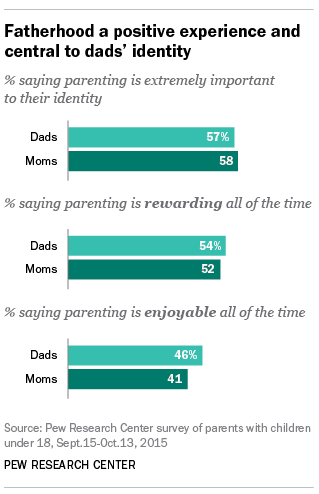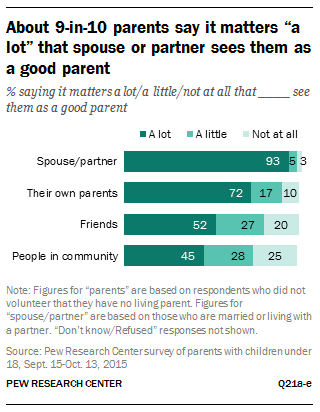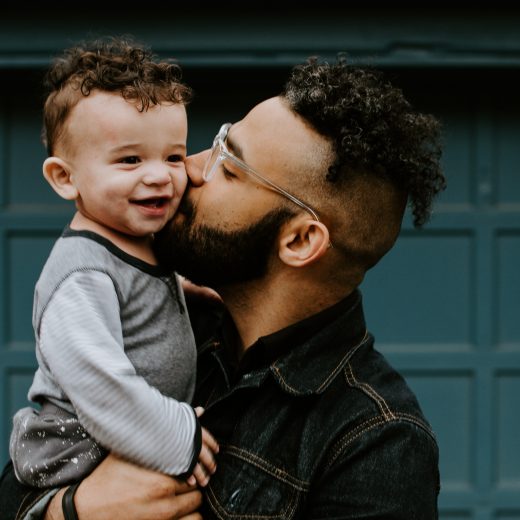When I asked my children what makes a good dad, the first word that came to their minds was “playful.” At first, I wasn’t sure if I found their word choice delightful or annoying. I mean I’m a huge believer in the importance of play. It can be so healing and supportive of development. Yet, the old stereotype of dads as fun and moms as nurturing is getting tired in my opinion. Dads have been typecast even by the kids. But in fact, dads don’t just wanna have fun.
I switched tactics in case my kids hadn’t really understood. Re-worded my question. I asked them what things they think dads should be responsible for doing. Granted, my survey sample was pretty small, but my kids’ response is what cemented for me that yes, I was going to choose annoyance over delight. Their list included things like building legos and playing tag. What?! That’s a “responsibility?!”
yes… yes, it is.
I let that marinate and stew for a bit and decided it was best for my own wellbeing that I not ask them for the same list for moms right now. Even in my own household where gender roles aren’t always traditional, my very own children have bought into the stereotype. What I know to be real though, is that we have lots of dads showing up in our office to support their kids in really vulnerable ways. Sometimes it does, but many times it doesn’t include playing tag and building legos. Dads are much more than just playmates. So let’s set the record straight.
Here’s what dads are actually doing and saying:
In a 2015 survey, 57% of fathers (and 58% of mothers) said that parenting is extremely important to their identity. Also commensurate with moms, 54% said that parenting is rewarding all of the time (versus 52% of mothers). Lastly, 46% of fathers (and 41% of mothers) stated that parenting is enjoyable all the time. (Pew Research Center)

As of 2016, fathers were reportedly spending an average of 8 hours a week on child care–about triple the amount they were spending in 1965. Sure, this still isn’t as much as moms who spend 14 hours a week. The gender gap continues to be an issue worth addressing. Yet, consider that fathers also don’t feel nearly as positive about their own parenting as mothers. Just 39% of fathers said in 2015 that they were doing a very good job raising their children as compared to 51% of mothers. And, in case their was any doubt, for both mothers and fathers, what others think of their parenting also matters to them.

How do we change the dad stereotype?
Let’s start out by acknowledging that the solution is mired by a lot of complicating systemic issues. Here are some big disclaimers: There are some deeply ingrained gender disparities impacting this dynamic. I fully recognize this and continue to try to wrap my brain around the nuances factoring into this stereotype. At Intuition Wellness Center, we also respect that each family has to decide what their perfect balance is and its not up to us to decide. There are things that dads can do directly and also that the system itself must do to allow for change.
- Dads must be willing to do it all. If they really want to change the stereotype that is. I am not suggesting that dads don’t play, by the way. Please do! I get that this is the obvious answer, but it’s not as easy to enact as the rest of us might think. Trust me. I’ve talked to a lot of dads and they are struggling with balance and feelings of inadequacy just as moms are. Don’t give up, Dads.
- Moms must be willing to not do it all. I’m tiptoeing here, but societal mom-shaming is a real thing that is contributing to this whole dynamic. Some moms get in an awfully sticky place of feeling that to be worthy as a mom they must take it all on. Not true, Mamas. We subscribe to a village mentality of parenting around here. This means that the community has to step up so that moms have the support they need in order to not do it all.
- The system, including education and healthcare, has to step it up. What do I mean by this? Well, this means having concentrated trainings for healthcare workers and educators on how to engage the whole family unit. Even at Intuition Wellness Center we have to remind ourselves, regularly, not just to engage the parent who is easiest to access or quickest to respond. This feeds into an exclusionary dynamic. Despite wanting to be involved, one parent (and yes, this is often the dads) is left out. And guess what happens after repeatedly being left out? Well… you start to believe that you deserve it. And this creates learned helplessness. While this responsibility should be firmly on the shoulders of the educator or provider, I encourage parents to remind them of their preferences.
- Expose children to examples that break the mold. Yup, the way to change stereotypes is to find exceptions. Choose books and movies that support dads and caregivers of all kinds and doing many different things. Though the heading is focused on children’s exposure, really we could all benefit from this.
What shows or books do you recommend for breaking dad stereotypes?
At Intuition Wellness Center, we specialize in health and wellness services for children, young adults, and their families. If you think you would like some extra support, call us. Call 520-333-3320 for a free phone consultation.


